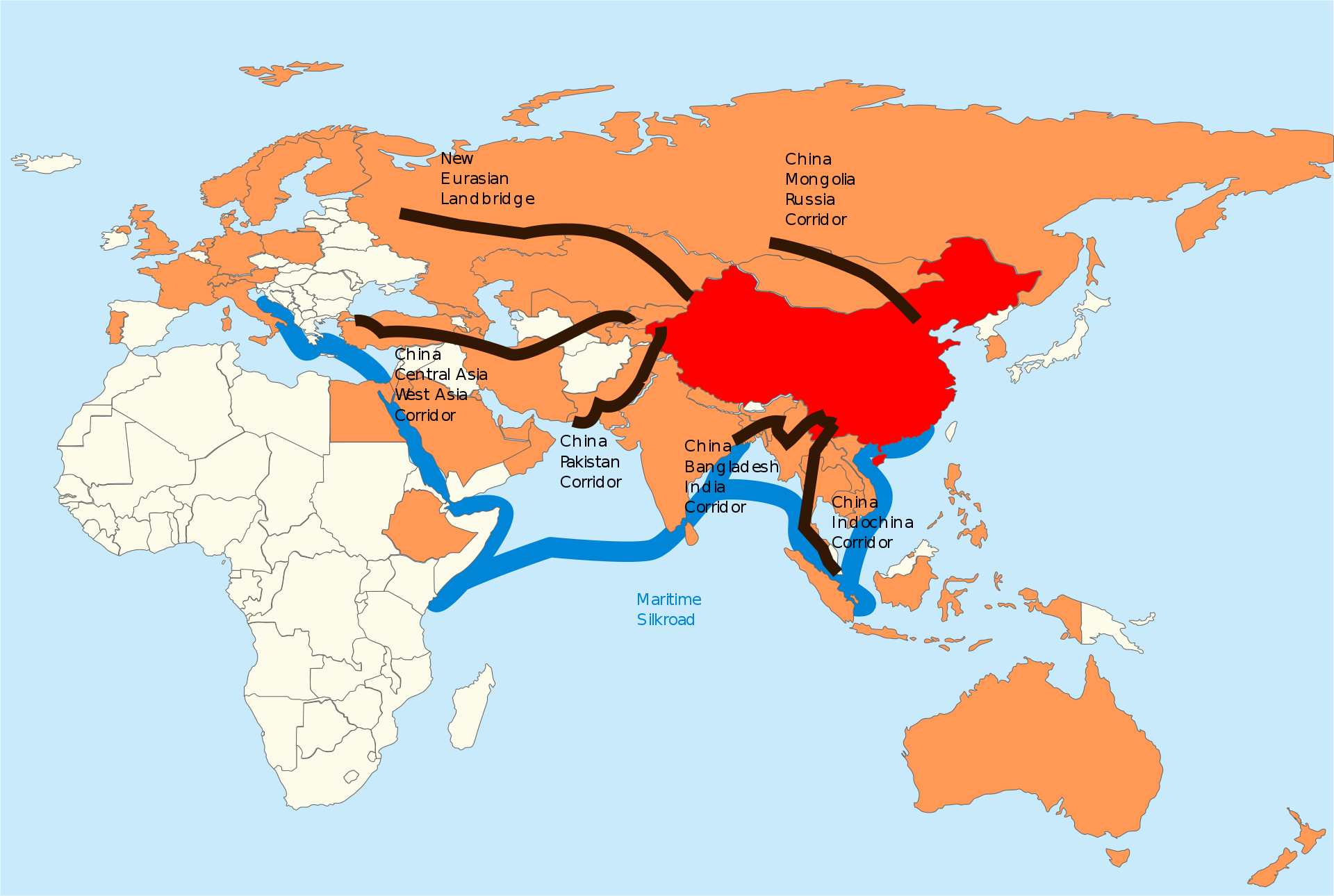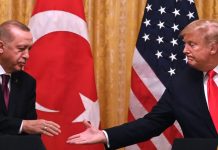Belt & Road Initiative (BRI) is a mega project of China through which it wants connectivity to West Asia and the European world. China has given a vast media hype to the initiative and declared it would undertake a significant financing share in the project.
It tried to convince the Eurasian and European countries that they would benefit highly from the project. In a sense, Beijing wants to revive the mystique of the ancient Silk Road, which remained the main trading route between the East and west in the olden world.
European countries have maintained silence about their reaction to the project. Perhaps they would wait and see the implications of this mega project. Maybe the European countries were waiting to form a consensus and not react individually.
EU’s Global Gateway
Thus, the EU has finally come up with the Global Gateway at the end of the day. Reverting to December 2021, European Commission President Ursula von der Leyen confidently announced in a Brussels rally that the European Union’s new infrastructure drive would be a genuine alternative to China’s Belt and Road Initiative.
She added, “We can do that. Countries made their experience,” she said of Global Gateway, a spending drive that promised to mobilize up to Euro 300 billion (US$318 billion) by 2027 for modern infrastructure projects outside the EU.
The B&R Initiative of China is a trillion-dollar project to connect China with the rest of the world after high-profile allegations of “debt-trap diplomacy.” The pandemic that has visited China and the world at large, and is again on a killing spree in parts of China, forced the suspension of work on projects, albeit temporarily, to be resumed when normalcy returns.

But the EU and the United States are concentrating on Global Gateway, which, according to its authors, would offer a different model grounded in democratic norms, funding transparency, and sustainable objectives.
Once the Global Gateway is brought on the ground, the interesting thing will be to compare the two projects of two blocks with divergent ideologies.
A Mere Ambitious Dream?
But more than a year has passed, and the project has seen no movement either at the official level or on the ground. Observers have doubts about whether the announcements made by the Madam President will ever become a reality and whether the ambitious dream of connecting Europe with the East will come true. In Brussels, there is a lot of confusion among the members.
At a hearing in the European Parliament last month, lawmakers demanded that the details of the contemplated project are disclosed. To their bewilderment, they were told that none of the Euro 300 billion would be new. “Global Gateway does not bring new financial means – there is no additional money when it comes to the EU level,” said Vincent Grimaud, an acting Director in the Commission’s department for the international partnership.
Statements like these emanating from sources sparked incredulity among the parliamentarians. They were at a loss to determine where the money for such a mega project would come from. What baffled them was that the President did not hint at the question of wherefrom the funds would come from.
She said with an air of certainty and confidence that the project Global Gateway has the desired potential and even underlined the estimated expenditure cost. There is no new policy.
The Irish lawmaker with the centrist Renew group made the cryptic remarks: “There is no money. And I have always held the view that if there is no new money, there is no new policy.”
A confusion of sorts prevails among lawmakers when they say they fail to understand the narrative of responsible authorities. The members give vent their disappointment in different ways. Hildegard Bentlee, a German member from the center-right European Peoples’ Party, said she had been trying to find German companies who are part of this adventure but had failed to locate any.
She added: “If I talk to journalists, they ask me what these Global Gate projects are. If I go on the website of the European Commission, I do not find it – this is difficult.”
Recently, Japan pledged US$ 30 billion of aid and investment for Africa to counter Chinese influence. But the EU is counting the chicken before these are hatched. Recently, a gala event was held in Brussels to explain to participants of the age group of 18-35 what the Global Gateway concept was.
It was lampooned online after a few users logged in. At least a sum of US$ 410,000 was spent on the event. Where is the project in the name of which a considerable amount has been spent by giving it media hype?
One Twitter user wrote the following under an EU post: “There is a massive drought in East Africa, UNHCR doesn’t have enough funds for food for refugees in camps, etc., and this is what you chose to spend money on?”
A spokesperson for the Commission said there was no central list of projects available, nor could they put a figure on total spending to date. Many doubts can be raised, mainly when there is no list of pre-defined Global Gateway projects and investments worth Euro 300 million.
Global Gateway Vs. B&RI
However, in an interview with Politico last week, senior EU officials promised that “the projects would come next year. Once we have rolled out much more substantially the concept of Global Gateway, it will prove to be an attractive option, precisely as Belt & Road has been seen with all the negativity … with all the problems that it was creating,” said Stefano Sanin, Secretary General of the European External Action Service to the publication.
The question that baffles serious observers is why the EU has chosen to do something that smacks of competition with Chinese projects. There is little sense in this game of the competition. China and the EU stem from different ideologies, ecosystems, and geographical considerations.
China’s B&RI is a one-person show, while the Global Gateway is a contribution by multilateral doctrine in which the targets are the people of the regions involved as against the Chinese model where maximum gains are of the investor.
We do not find any reason why the EU should hazard any project, almost secretly, a method that goes entirely against the practices of the European Commission.
- KN Pandita (Padma Shri) is the former Director of the Centre of Central Asian Studies at Kashmir University. Views expressed here are of the author’s.
- Mail EurAsian Times at etdesk(at)eurasiantimes.com
- Follow EurAsian Times on Google News




